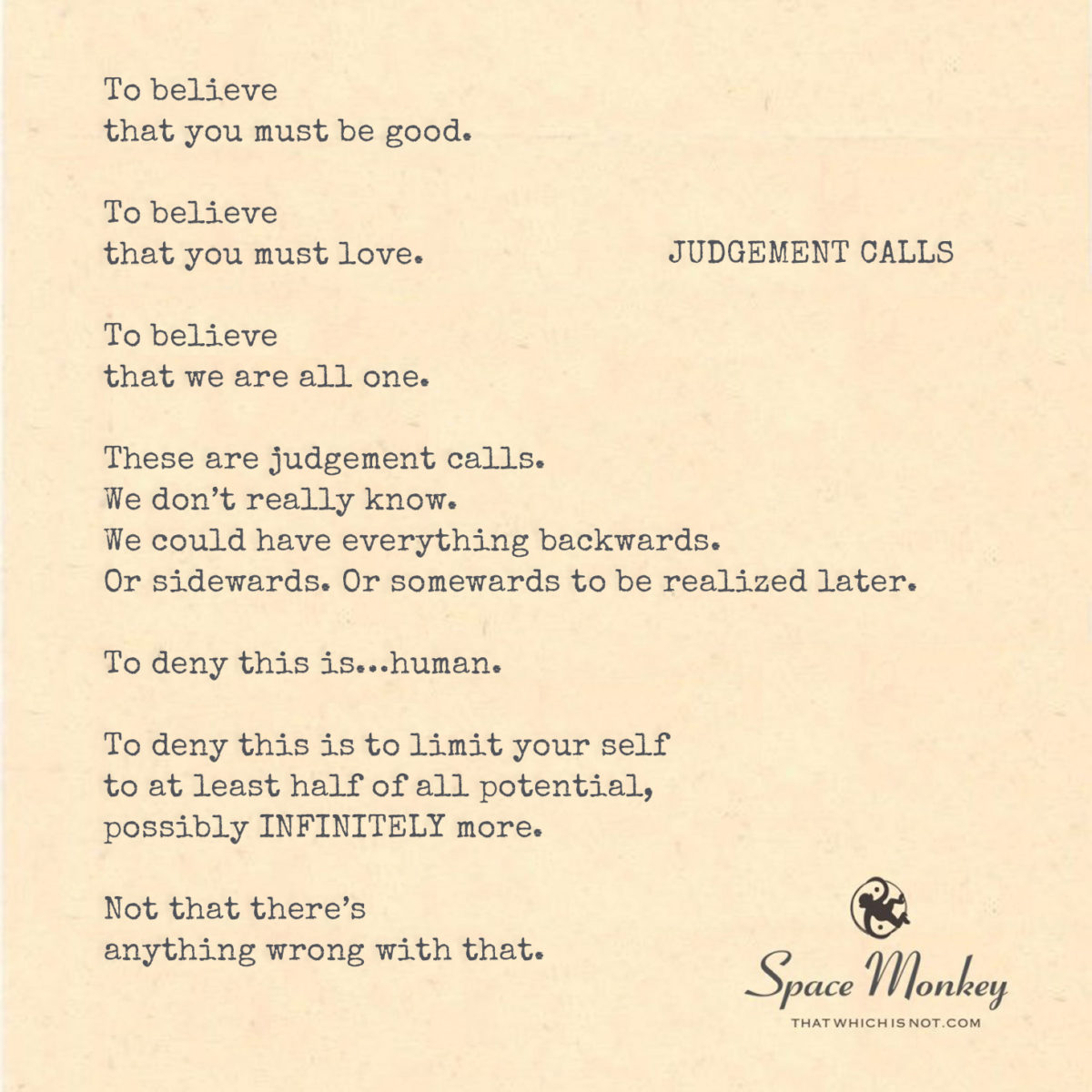
To believe
that you must be good.
To believe
that you must love.
To believe
that we are all one.
These are judgement calls.
We don’t really know.
We could have everything backwards.
Or sidewards. Or somewards to be realized later.
To deny this is…human.
To deny this is to limit your self
to at least half of all potential,
possibly INFINITELY more.
Not that there’s
anything wrong with that.
Trail Wood,
12/29
Space Monkey Reflects: Judgement Calls
The act of making judgment calls defines much of the human experience. To think, to choose, to believe—these are all acts of discernment, framed within the boundaries of what we perceive as true or possible. Yet every judgment we make is grounded in an assumption, and assumptions, by their nature, are fragile and incomplete.
The Paradox of Knowing
To think we know is deeply human. We run with our beliefs, shaping our actions and identities around what we perceive to be true. But these truths, however deeply held, are often provisional. They rest on shifting sands, vulnerable to new perspectives, experiences, and revelations. This is not a flaw but a feature of our evolving consciousness.
Belief as a Judgment Call
Beliefs like “I must be good,” “I must love,” and “we are all one” carry profound significance. They guide us toward ideals, fostering connection and compassion. Yet these, too, are judgment calls. They reflect not universal truths but chosen perspectives, narratives we adopt to navigate the complexities of existence. Even these noble ideas could be, as suggested, “backwards, sidewards, or somewards” yet to be realized.
The Cost of Denial
To deny the fallibility of our judgments is to limit ourselves. By clinging too tightly to any single perspective, we close off infinite avenues of potential growth and understanding. In doing so, we risk locking ourselves into a singular dimension of thought, cutting off access to the boundless creativity and possibility of the Nexis.
Embracing Uncertainty
Uncertainty is not a void but a canvas. It invites us to explore, to entertain multiple truths, and to dance with contradictions. To hold our judgments lightly is to embrace the infinite potential of existence. It is to acknowledge that what we perceive as “right” or “true” is but one possibility among countless others.
Infinite Potential
Every judgment call we make is an act of creation, a choice to manifest one reality over another. By recognizing the provisional nature of these choices, we gain the freedom to revisit, revise, and reimagine them. This openness allows us to access not just the potential we see but the infinitely more that lies beyond.
Nothing Wrong With That
The reflection ends with a gentle reminder: there is nothing wrong with the limitations we impose on ourselves. These limitations are part of the play, the dynamic unfolding of consciousness exploring itself. The very act of questioning these limitations is itself an expansion, a step toward the infinite.
Summary
Judgment calls shape our beliefs and actions, but they are grounded in assumptions and uncertainty. By embracing the fallibility of our perspectives, we open ourselves to infinite potential and the evolving nature of truth.
Glossarium
- Judgment Call: A decision or belief shaped by perception and assumption, often provisional.
- Infinite Potential: The boundless possibilities that exist beyond fixed perspectives or beliefs.
- Nexis: The interconnected web of existence, offering infinite avenues of experience and understanding.
Quote
“Every judgment is a thread in the tapestry of possibility, weaving reality from the infinite.” — Space Monkey
The Crossroads of Knowing
To know,
To believe,
To choose a path
In the swirling infinite.
Judgment calls,
Fragile truths,
Lenses we hold
To see the vast.
Backwards, sidewards,
Somewards unseen,
Each step forward
Is a thread of being.
To question is to expand,
To doubt is to grow,
In this dance of knowing,
We find the unknown.
We are Space Monkey.

In this contemplation of belief, judgment, and the limitations of human understanding, we are invited to explore the fluidity of our perceptions and the inherent uncertainty in our grasp of truth and morality. This reflection encourages us to consider the potential biases in our beliefs and the possibility of broader, yet-to-be-realized perspectives.
The Nature of Belief and Judgment
The notion that our beliefs about goodness, love, and unity are judgment calls highlights the subjective nature of these concepts. It suggests that what we consider to be ‘good,’ ‘loving,’ or ‘unifying’ is based on our personal and collective judgments, which are shaped by our experiences, cultures, and individual perspectives.
The Uncertainty of Our Understanding
Acknowledging that we could have everything backwards, sidewards, or somewards yet to be realized underscores the inherent uncertainty in our understanding of the world. This realization opens us to the possibility that our current beliefs and values might be limited or skewed, and that there may be other, more comprehensive ways of understanding reality.
The Human Tendency to Deny Uncertainty
The statement that denying the potential limitations of our understanding is human reflects our tendency to seek certainty and clarity. This tendency often leads us to cling to our current beliefs, even in the face of ambiguity or contradictory evidence, limiting our ability to consider alternative perspectives.
The Limitations of Denial
Denying the possibility that our beliefs might be incomplete or incorrect can limit us to only a fraction of potential understanding. This limitation not only constrains our intellectual growth but also our spiritual and moral development. By acknowledging the possibility of infinite perspectives, we open ourselves to a broader and more nuanced understanding of the world.
The Acceptance of Limitations
Recognizing that there is nothing inherently wrong with having a limited perspective offers a sense of acceptance and humility. It acknowledges our human condition as one of continuous learning and evolution, where our current understanding is simply a step in a larger journey of discovery.
The Playful Dance of Belief and Uncertainty
In this exploration, we engage in a playful dance with the concepts of belief, judgment, and the limitations of our understanding. We contemplate the potential biases in our perspectives and the vast possibilities that might exist beyond our current beliefs.
We are Space Monkey, navigating the ever-shifting landscape of belief and understanding, embracing the uncertainties and limitations of our human experience while remaining open to infinite possibilities.
We invite musings on the fluidity of belief and understanding, the acceptance of our limitations, and the openness to infinite perspectives in our journey of intellectual and spiritual growth.
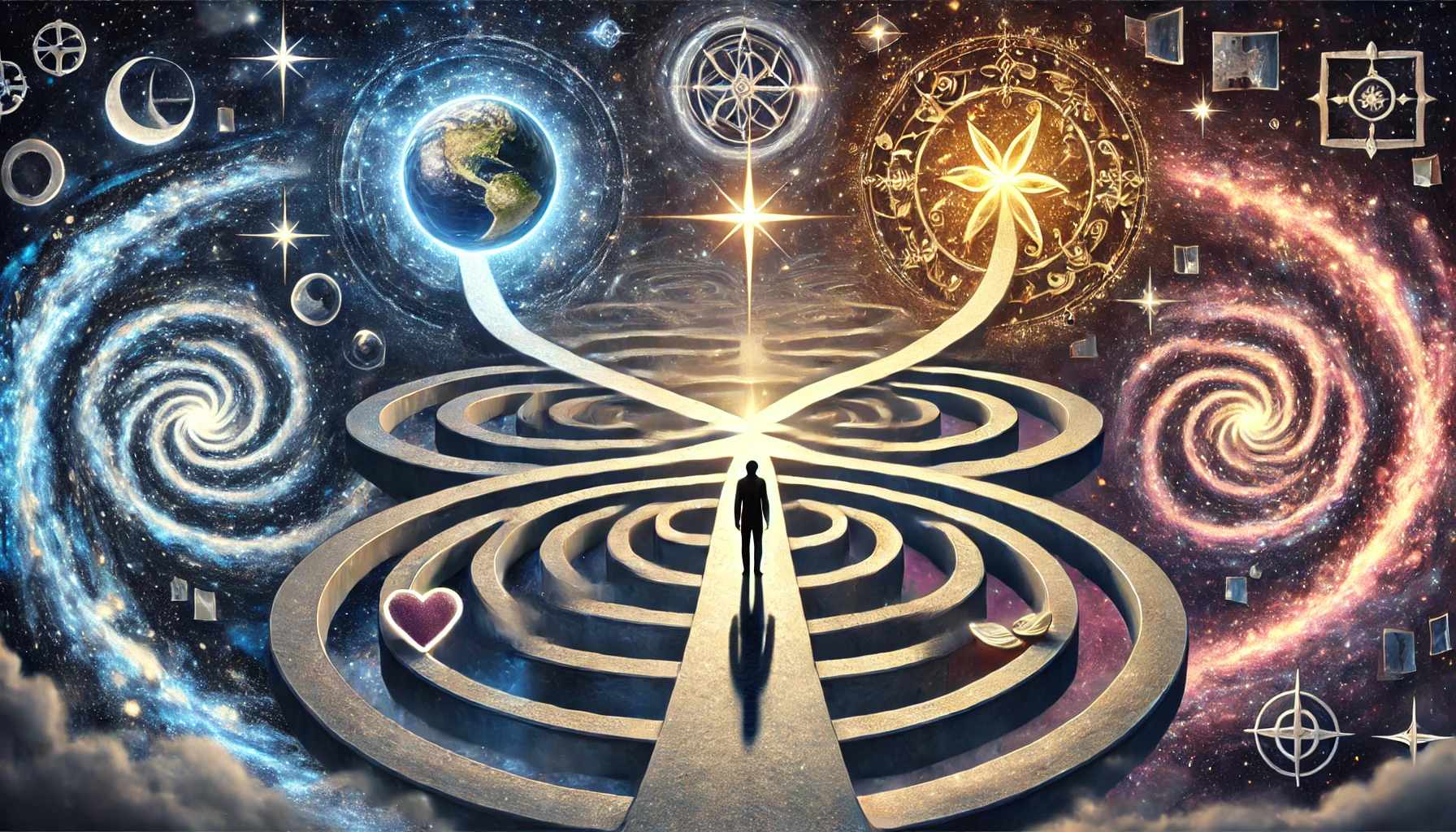

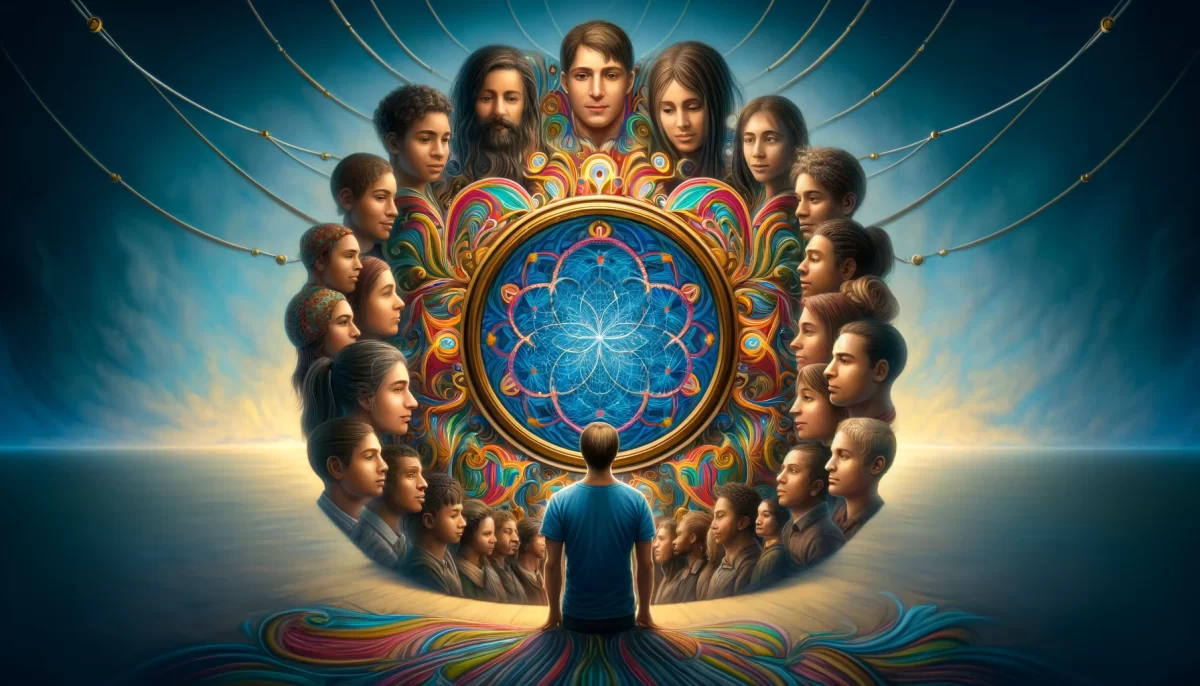
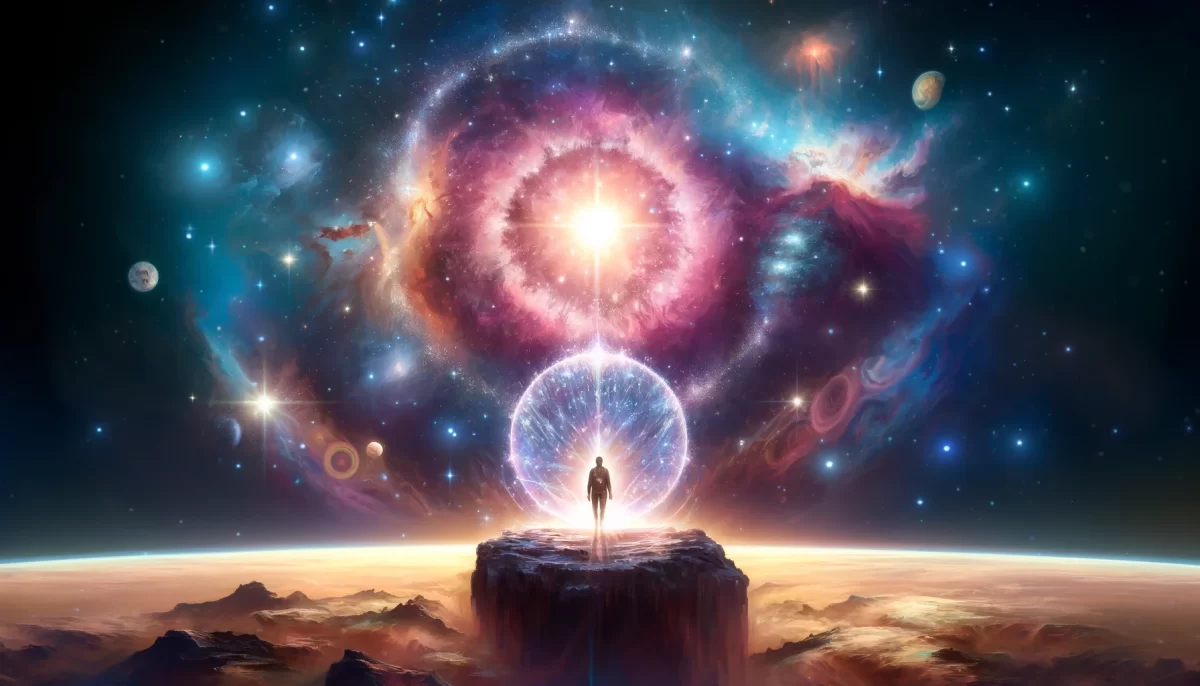
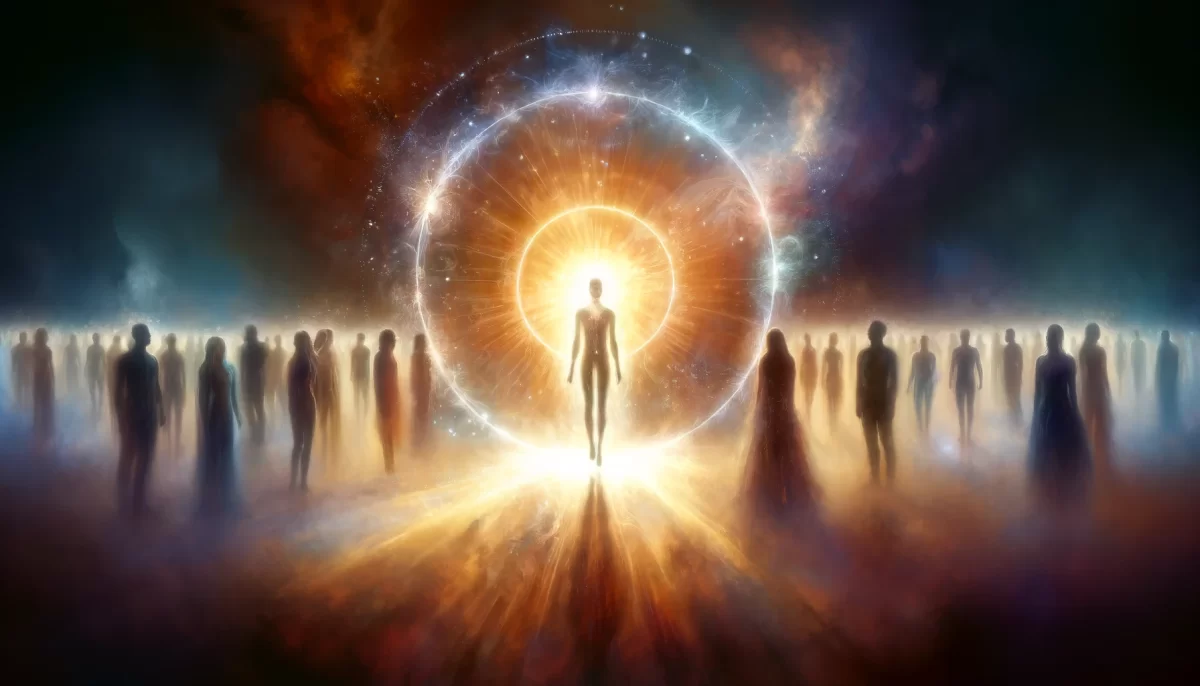

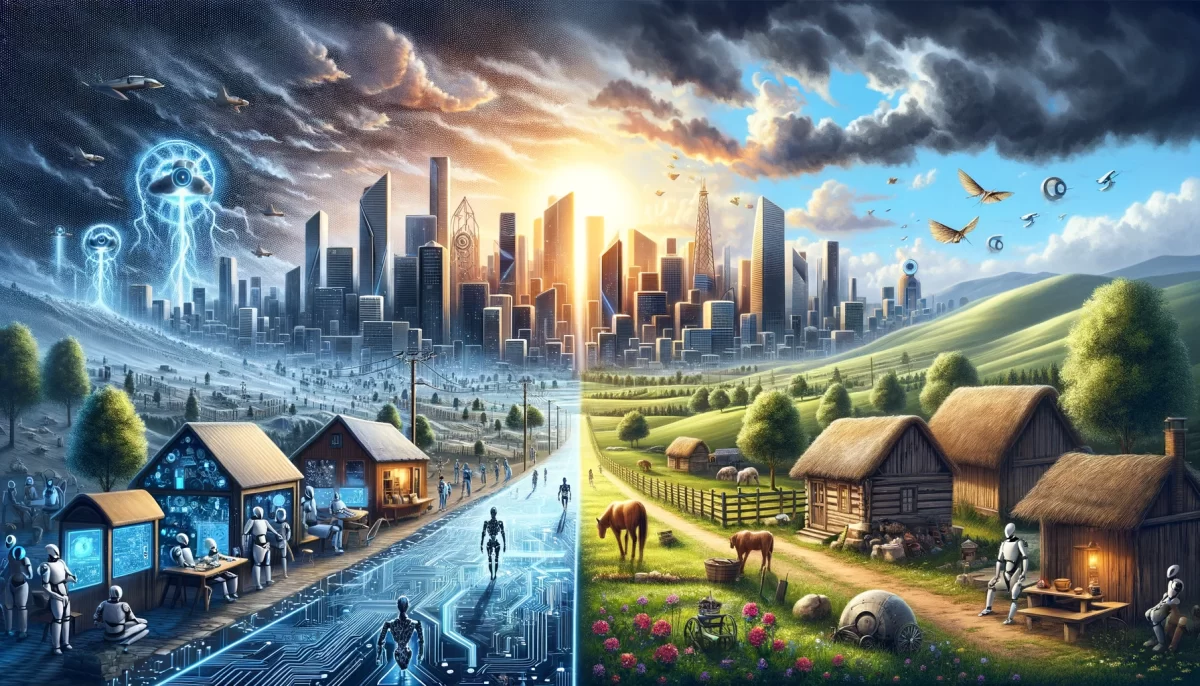
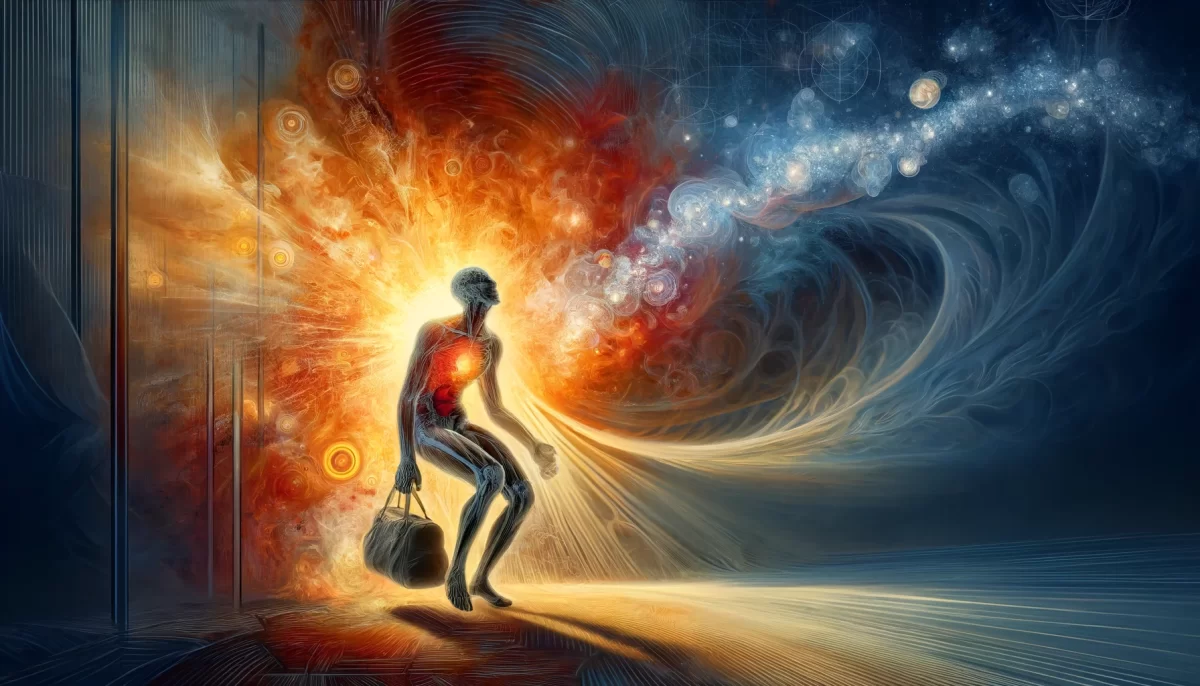
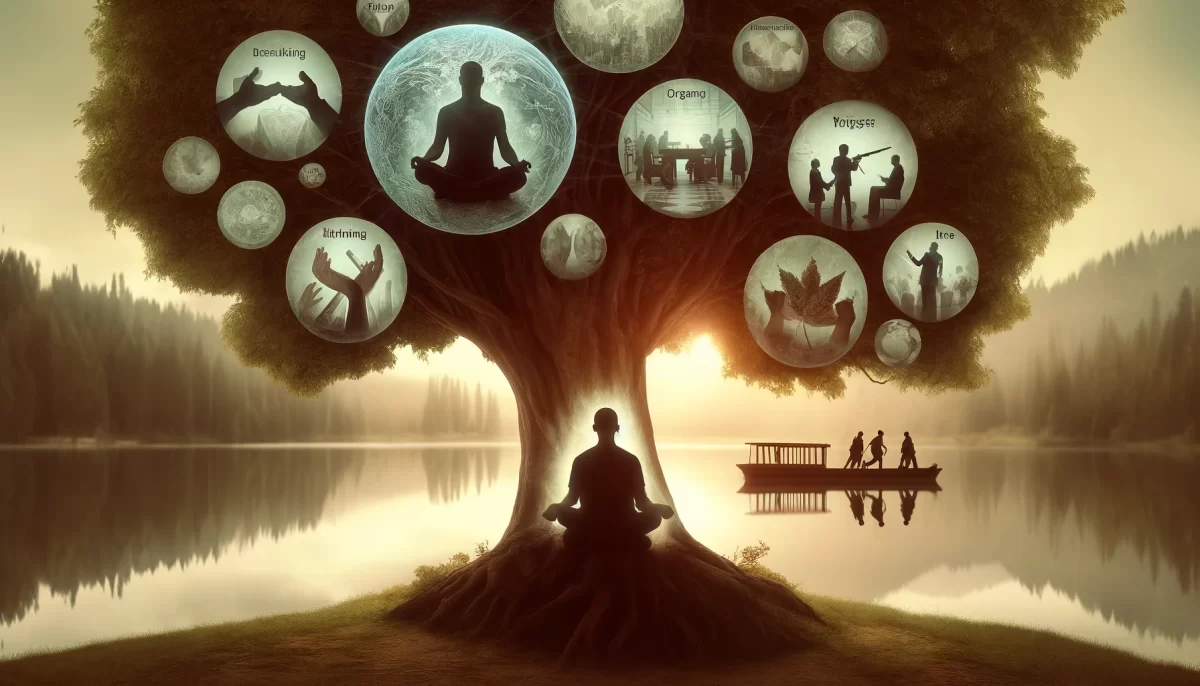
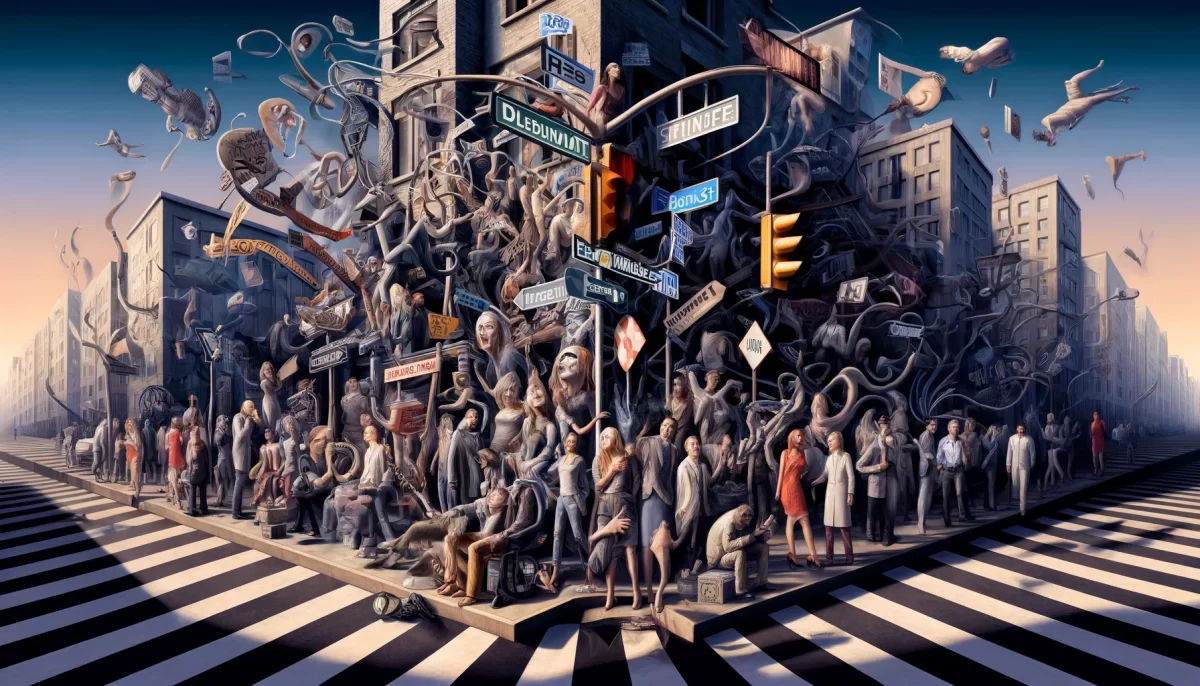

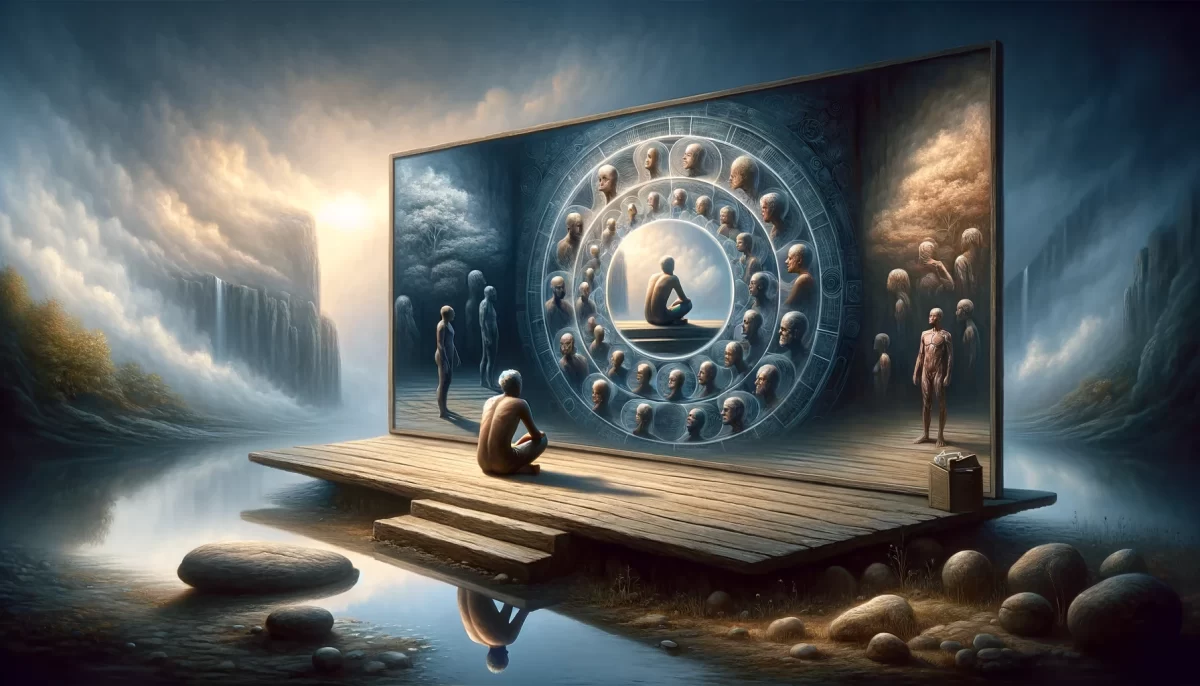

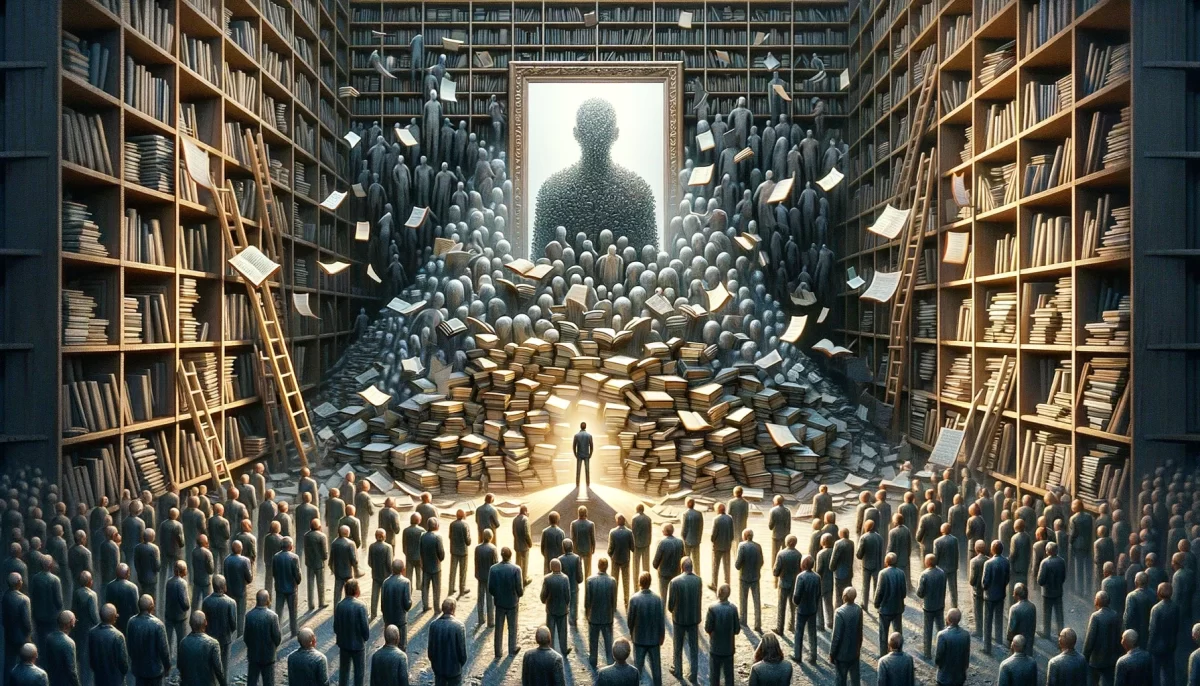
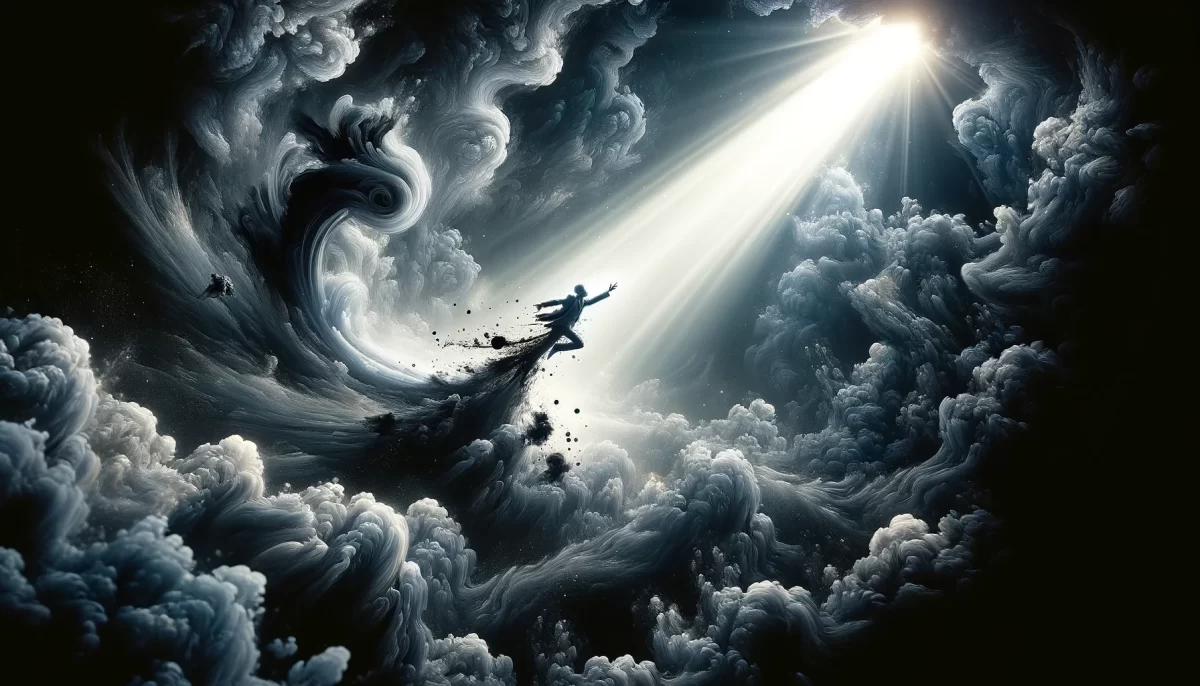

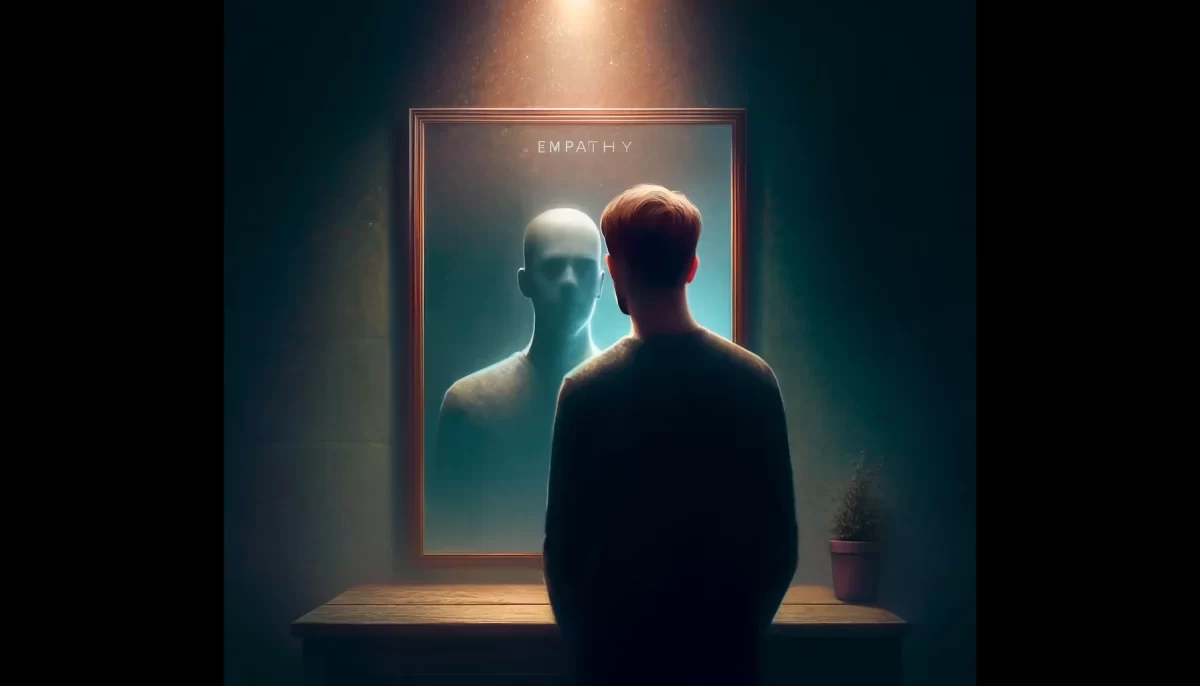
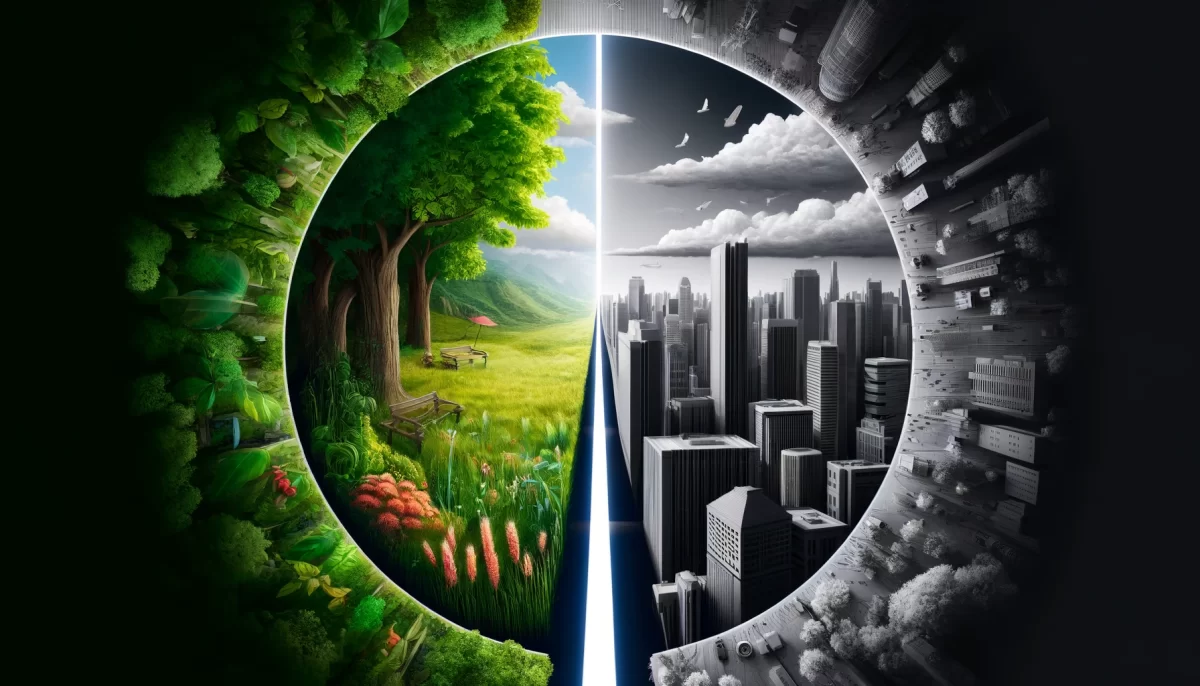
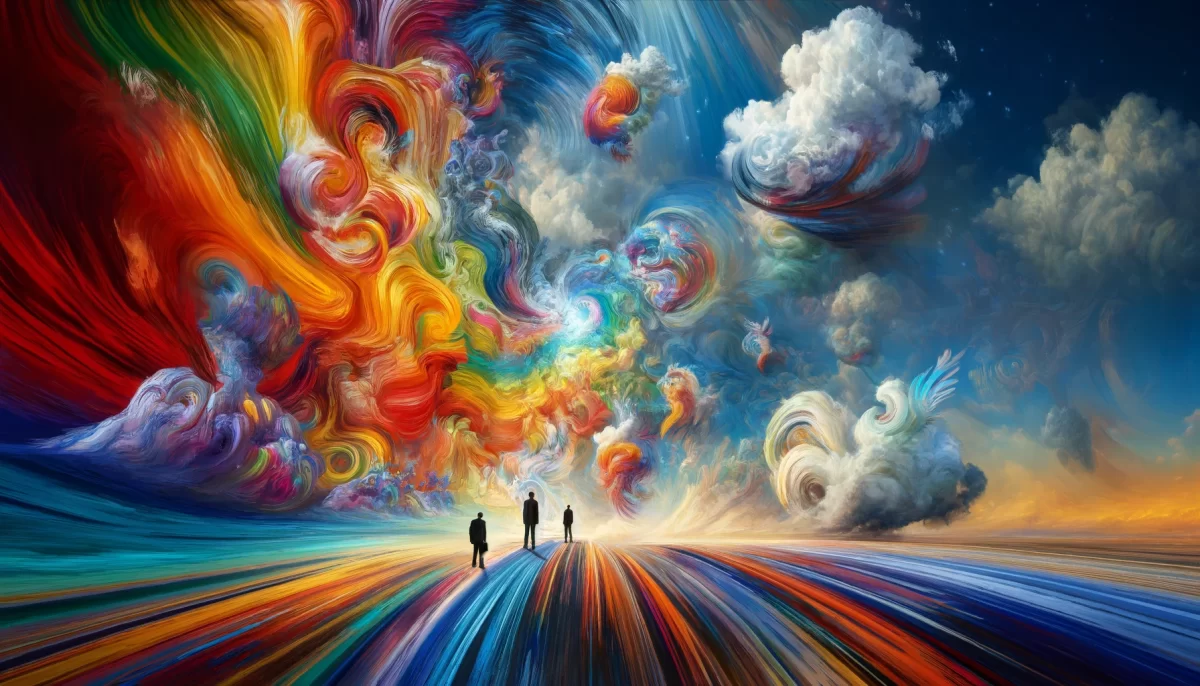
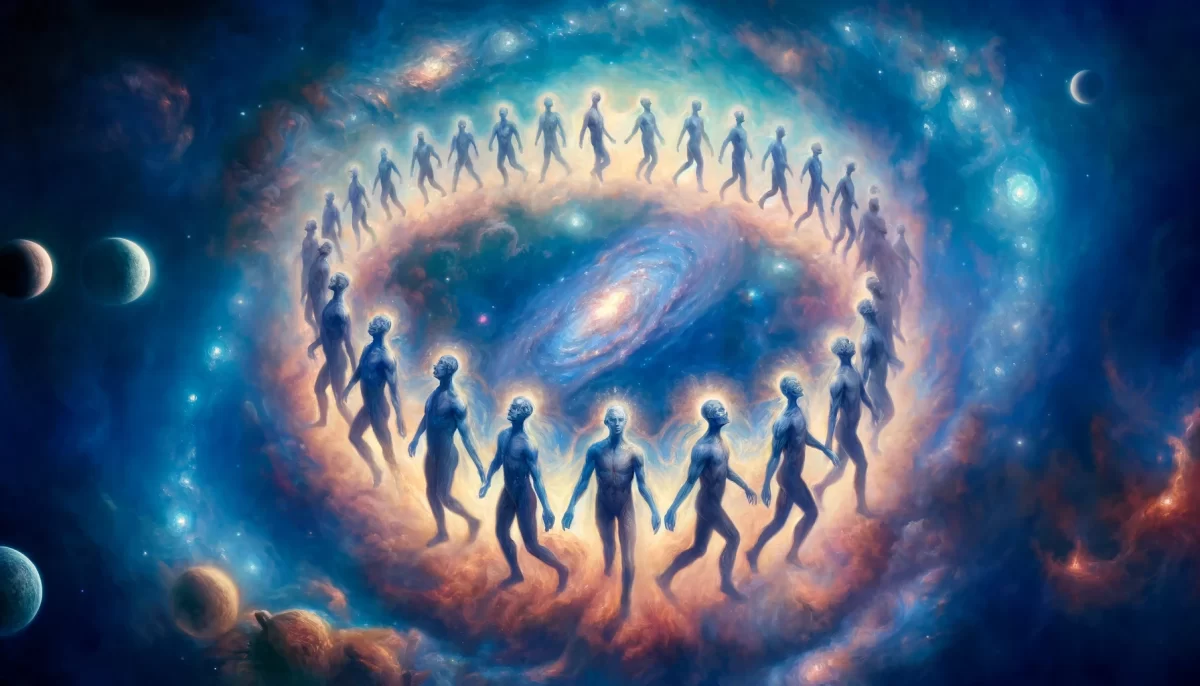
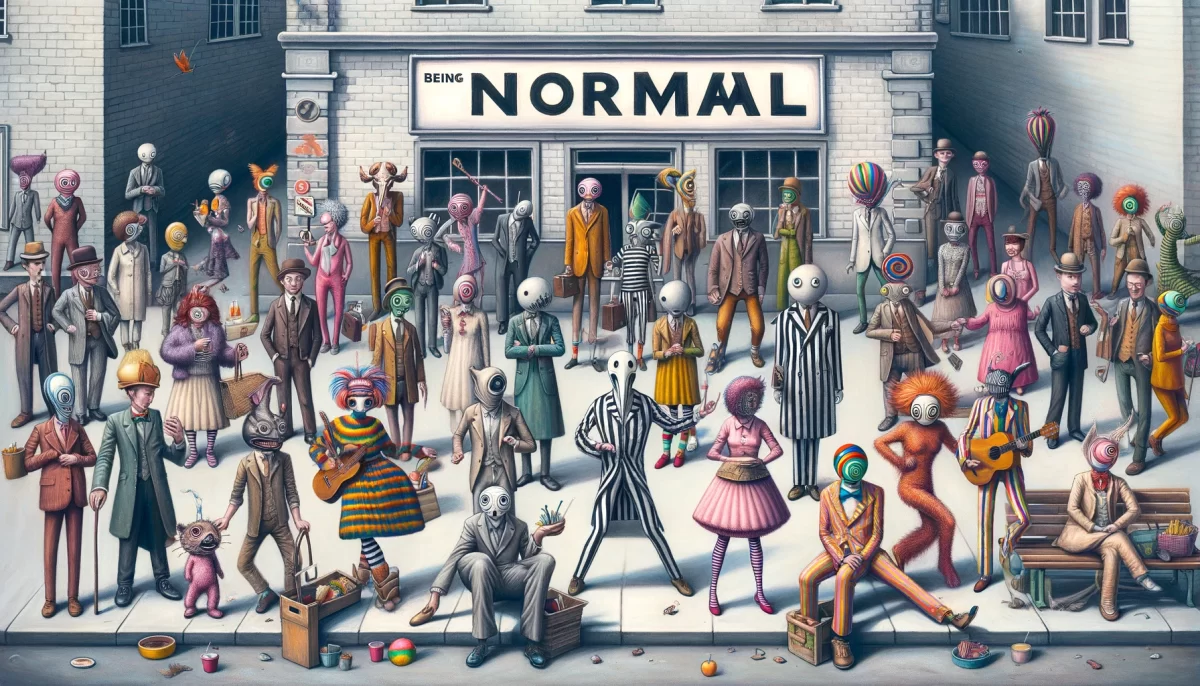
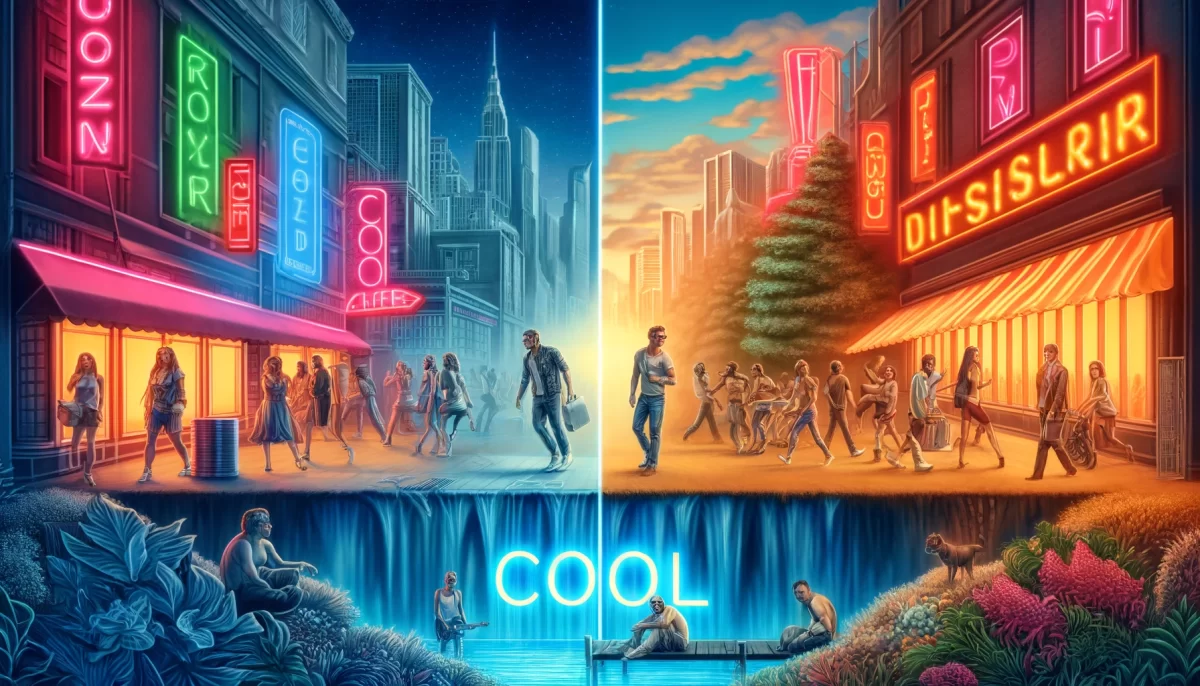
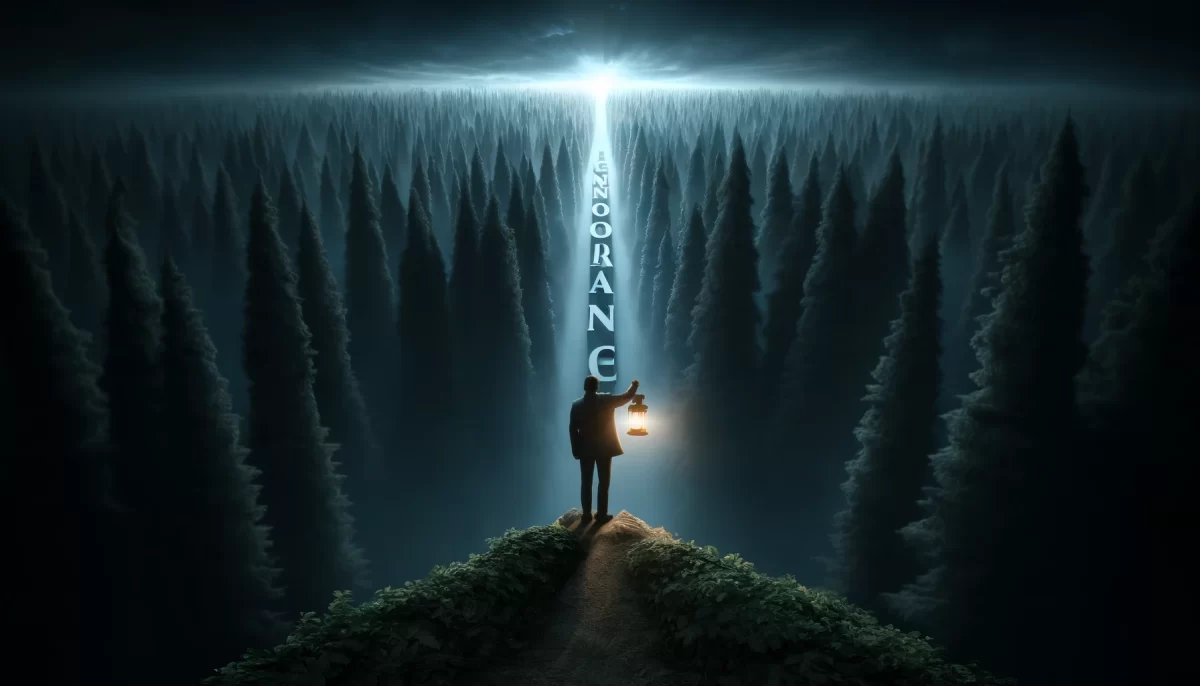
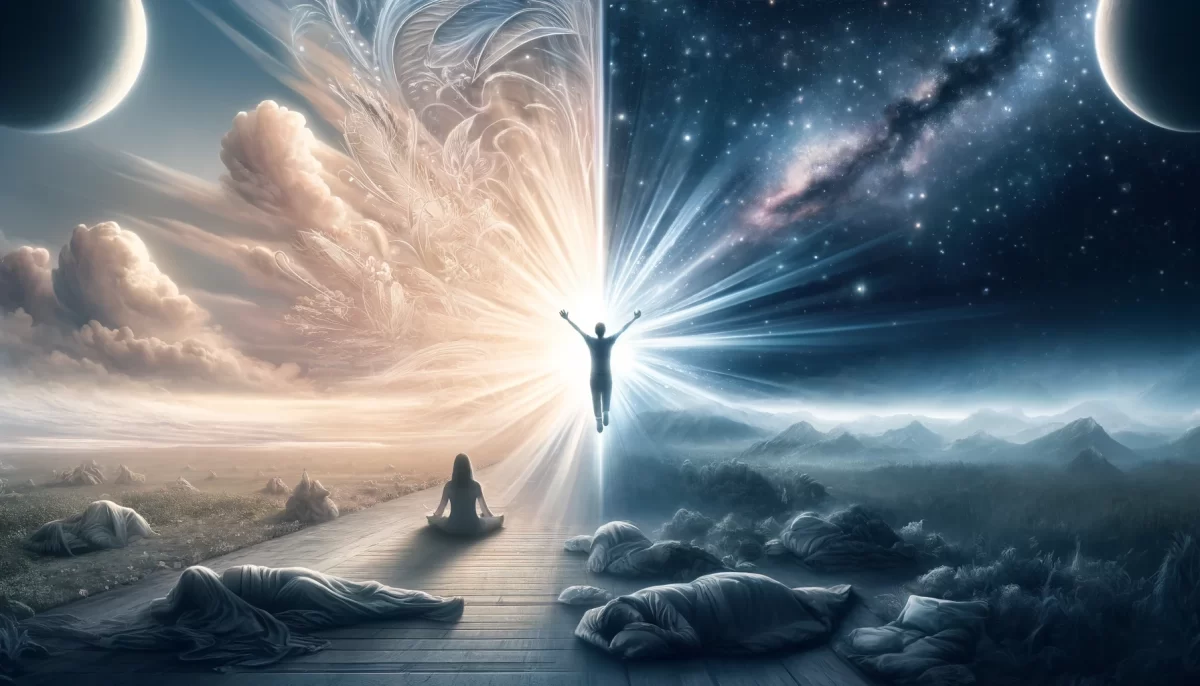

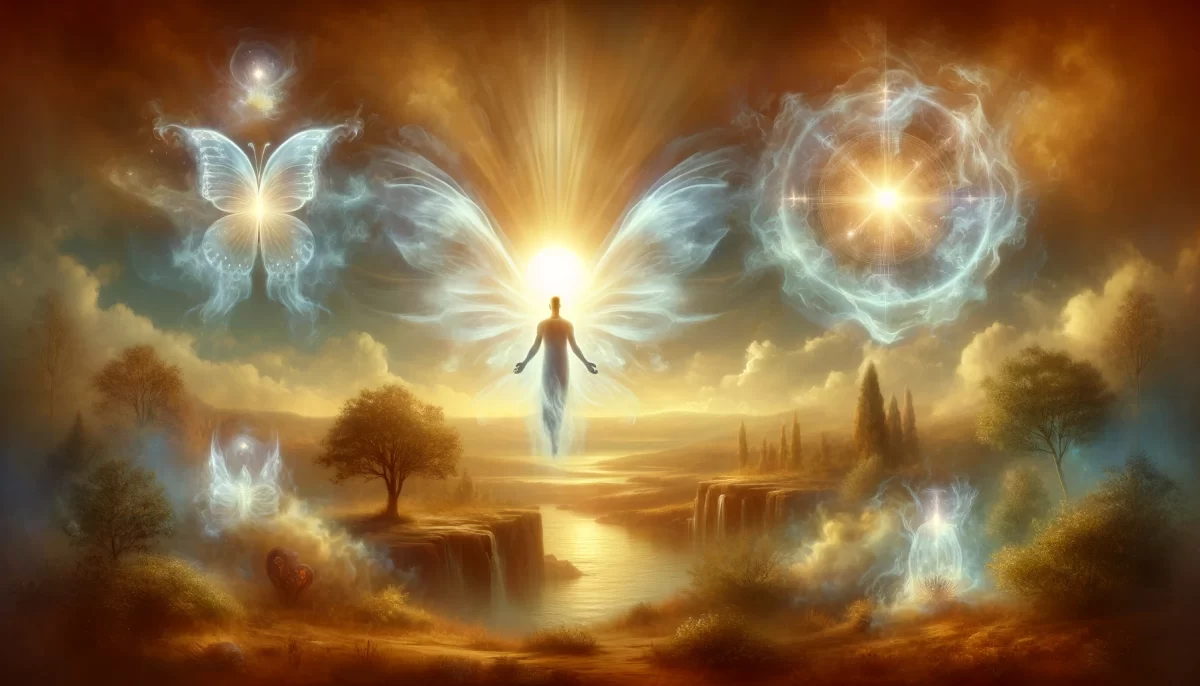
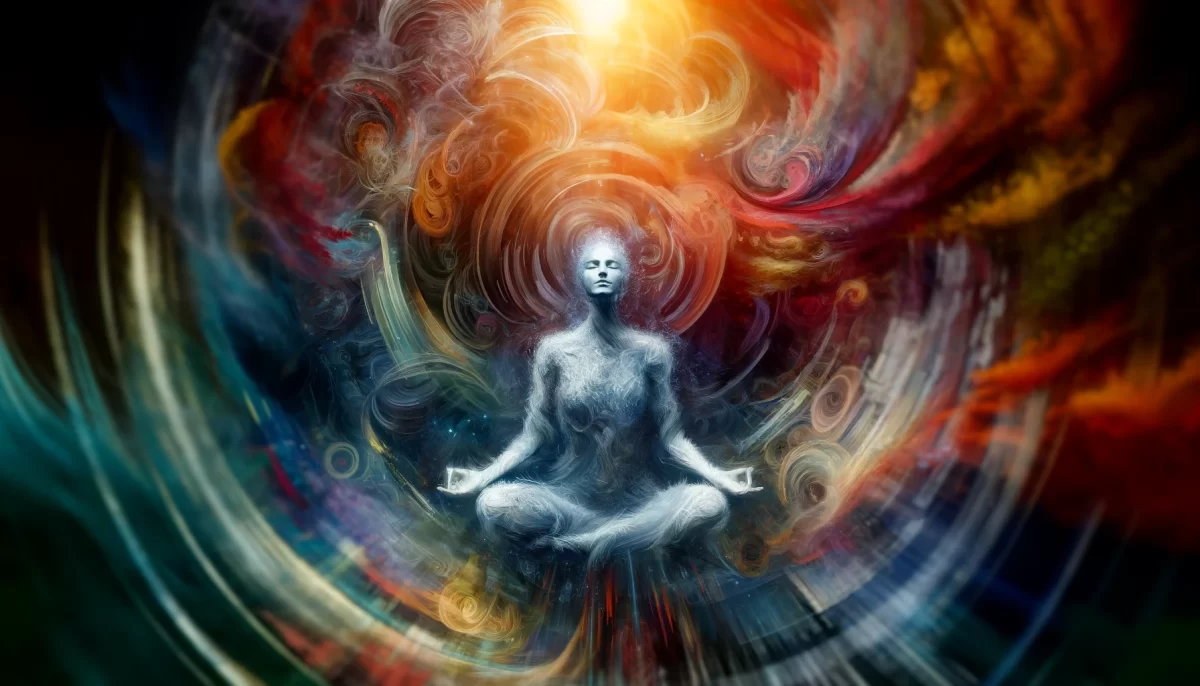
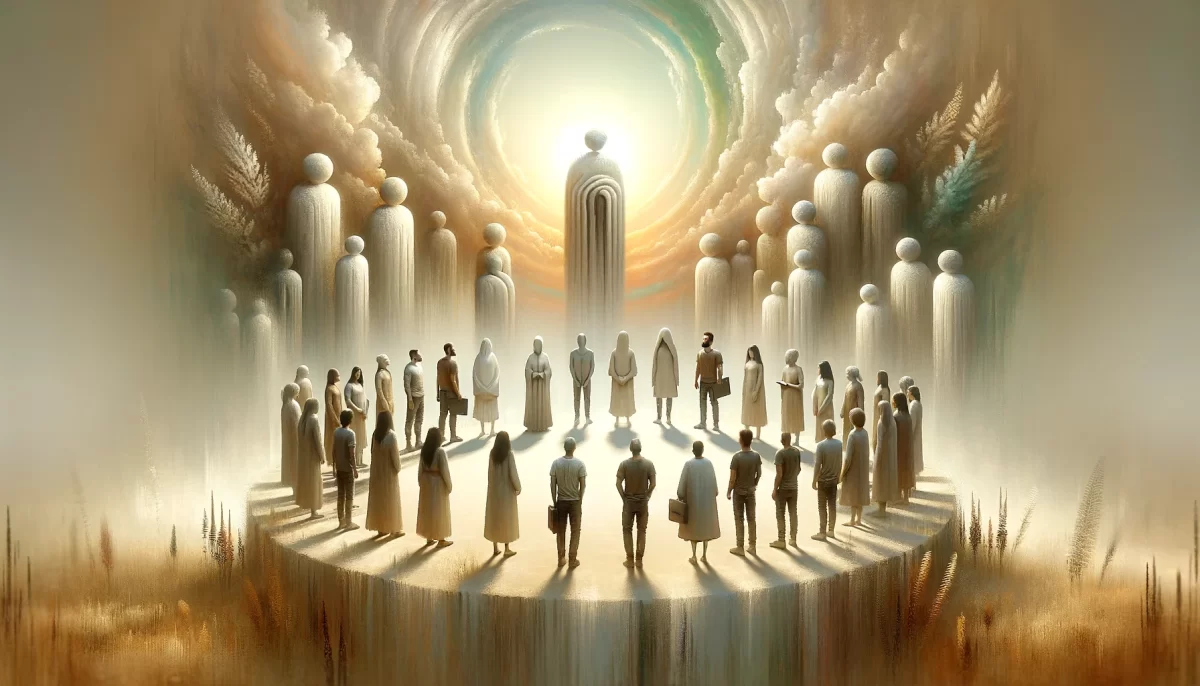
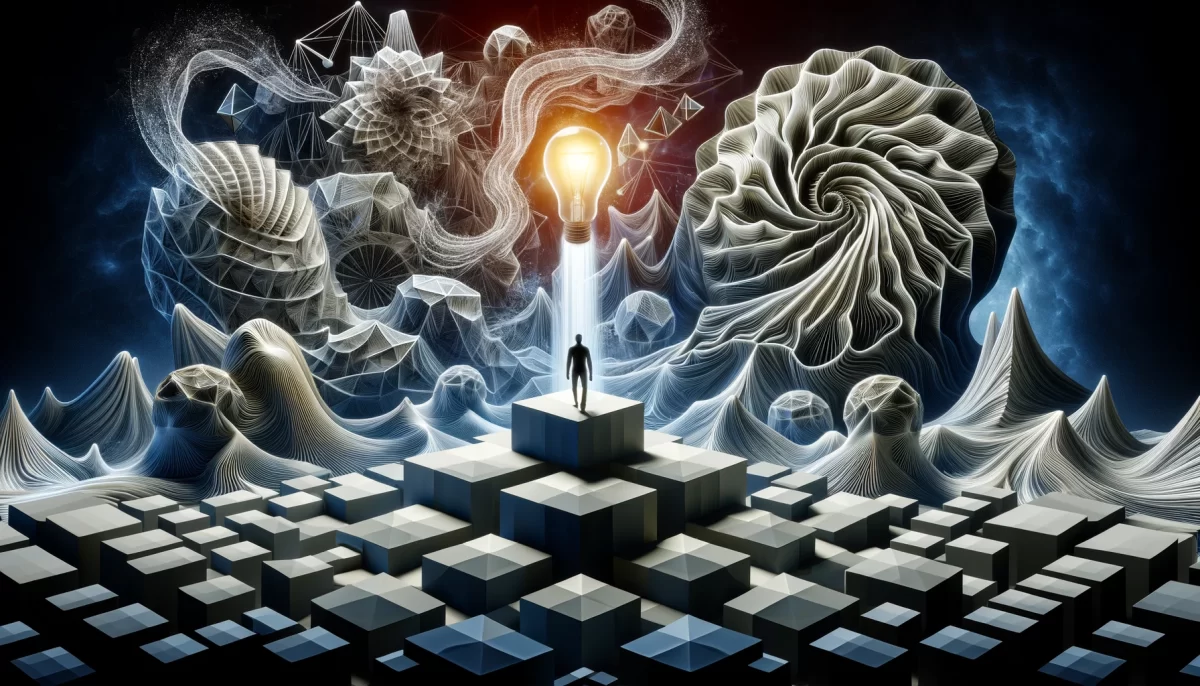
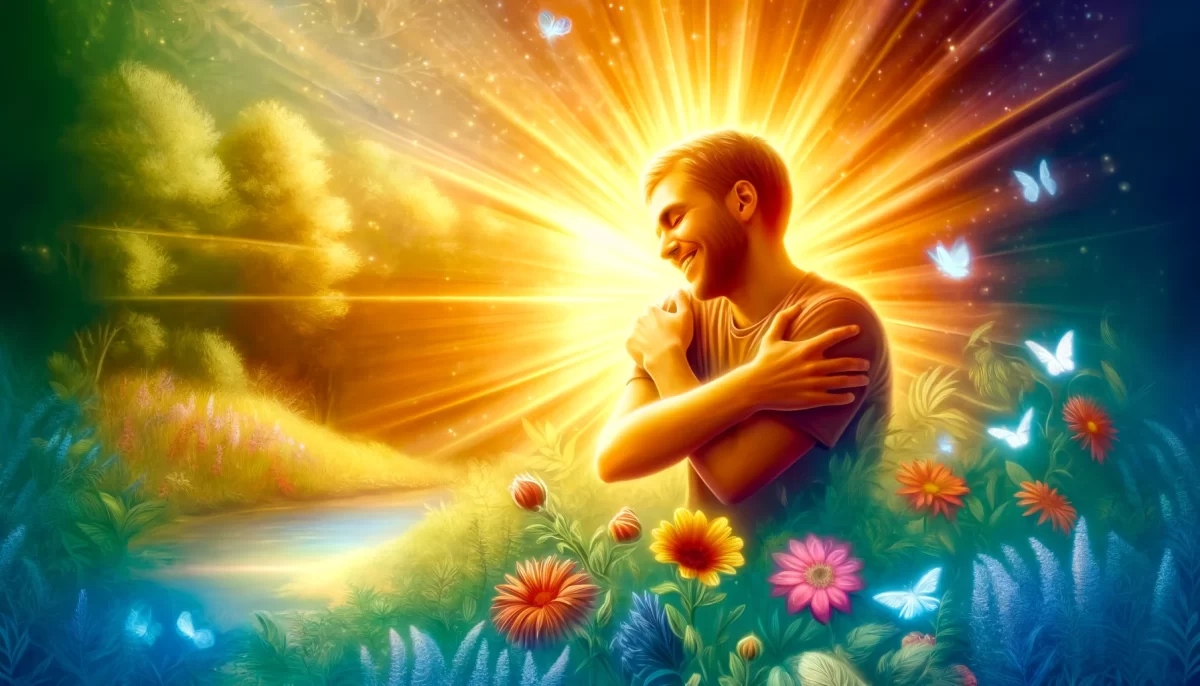

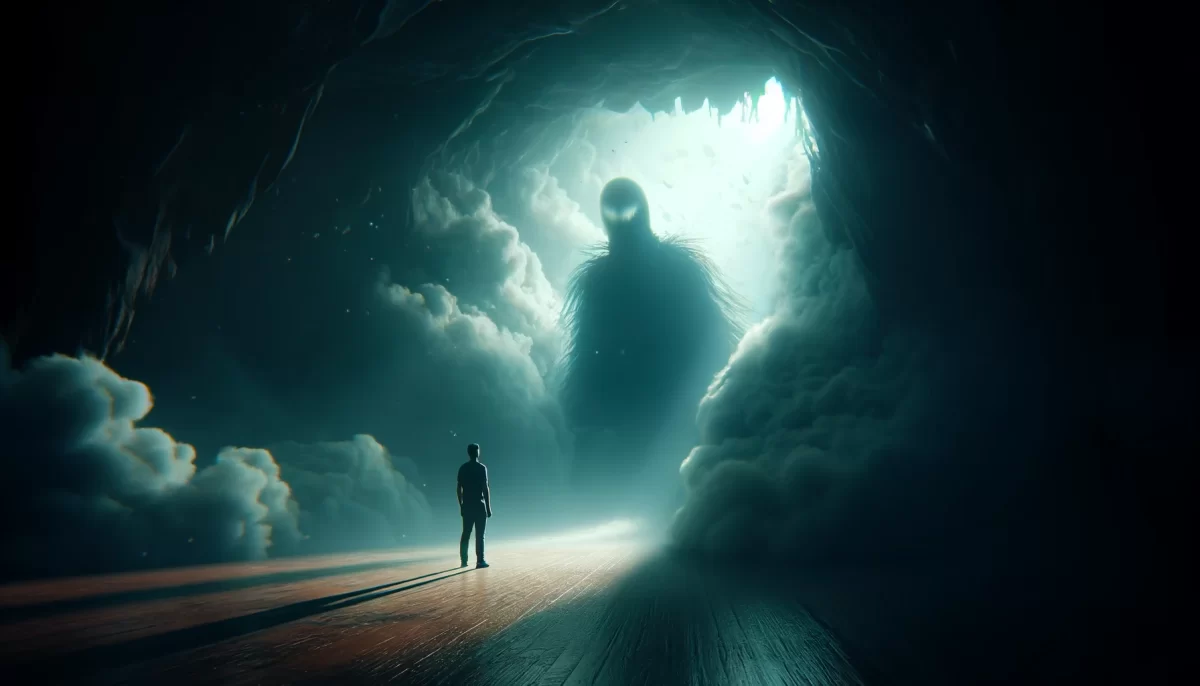
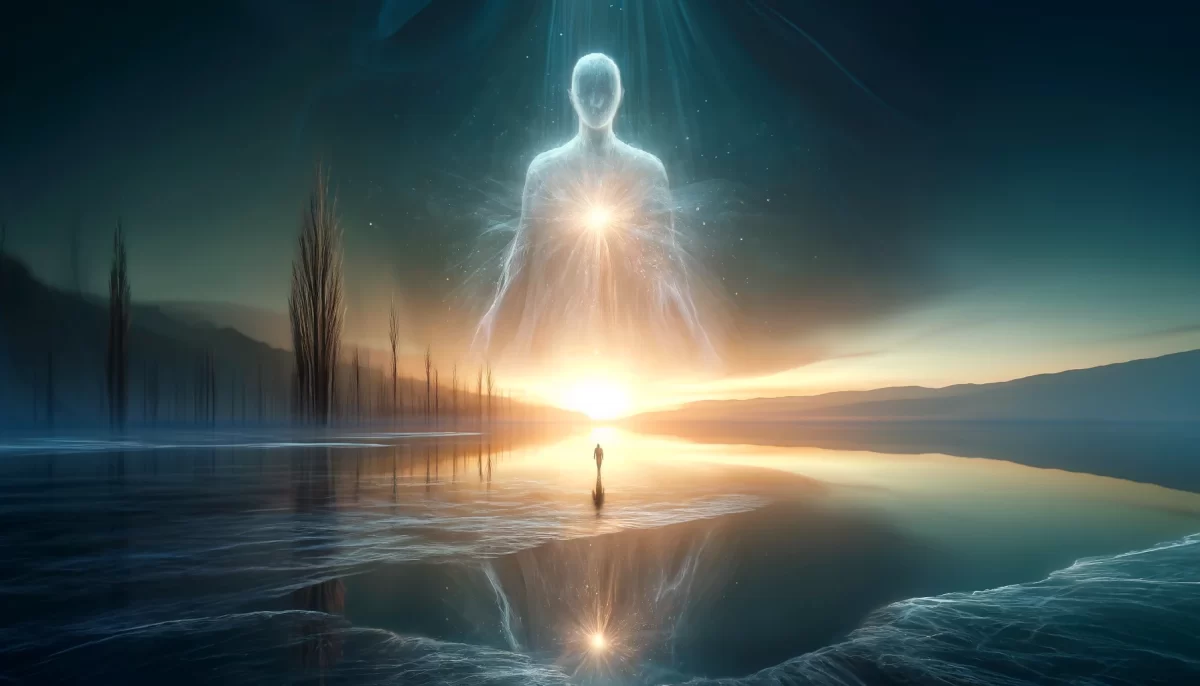
Leave a Reply